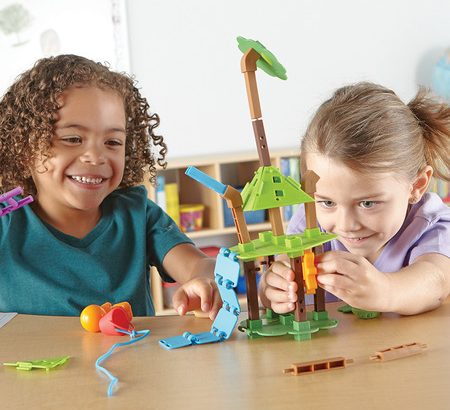Wishes Aren’t Enough
Students with dyslexia are often wildly creative and productive. They learn with joy and energy. They amaze their teachers and parents. But they can’t do this if they are forced to focus on nothing but their difficulty with written language. Too often, students with dyslexia miss out on the things they do best because they have to go to another reading session where they do the same things over and over without ever getting any better at reading. It would make anyone crazy! My wishes won’t make it true, but here’s what I hope for every child, especially those with dyslexia.
Parents Who Focus on the Gifts
My first wish for every child with dyslexia is a family that celebrates the gifts of each individual rather than focusing on what each one does poorly. We all have strengths and weaknesses. Dyslexia comes with a “sea of strengths” as the Eide’s have eloquently shown in The Dyslexic Advantage: Unlocking the Hidden Potential of the Dyslexic Brain. Parents hold the key, because parents decide where the finite resources of time and money are spent. Too often, a child with dyslexia finds the world reduced to school, homework, and tutoring. No time or money remains for art, music, dance, sports, or even outdoor play. With all the focus on the reading problem, the child withers from lack of joy.
This is an easy mistake to make because reading IS important. Ironically, focusing everything on reading doesn’t produce eager learners. Discouragement often sets in, and a joyless student trudges off to school. I recommend putting resources where they produce the most joy — where the student excels and delights in being good at something. With the right tools in hand, the student WILL learn to read. If the student needs extra time, I recommend homeschooling for a year or two as a way to take the pressure off and allow the student to blossom naturally as a reader.
Teachers Who Provide the Tools
Kids with dyslexia can and do learn to read, whether homeschooled or in a classroom, provided they have the tools they need. Sadly, many teachers do not have the training needed to seamlessly support their students with dyslexia. Thus, many adults recall with horror their classroom days, and still avoid reading as much as possible. Shockingly, most schools still pull students out of class to attend a special reading group. This means they miss their best classes (music, art, science) to endlessly repeat techniques that didn’t work the first, second or third time. So why are they still doing this?
About 15% of any class is dyslexic. Teachers can and should provide instruction that incorporates dyslexic supports. These methods are good for ALL students. Teaching this way doesn’t slow down the class. Allowing students to listen to audio books while tracking along with the text, using voice typing, or doing choral reading in class lets everyone participate without singling out the dyslexic students as somehow broken. They aren’t!
A Friend Who Shares a Passion
The third of my wishes is that every kid could have a friend with a shared passion. Passions and friends change with time, but working at something side by side, simply because it’s fun and challenging, builds real relationships that hold us together when things get tough. Shared passions make life worth living. How will the child ever meet these precious friends if never allowed to pursue interests because they have to focus entirely on reading? I wish for every child the unhurried time to develop deep friendships.
If Wishes Come True
I see hope that education is moving in the direction of my three wishes. Someday, I hope every family can focus on the gifts, provide the tools, and allow the time to pursue passions with friends. The best explanation I’ve ever seen of what this could look like is the book, Creative Schools, or the TED talk by the late Sir Ken Robinson. Please watch it if you know a child.
by Yvonna Graham, M.Ed.
www.dyslexiakit.net
@GrahamYvonna
